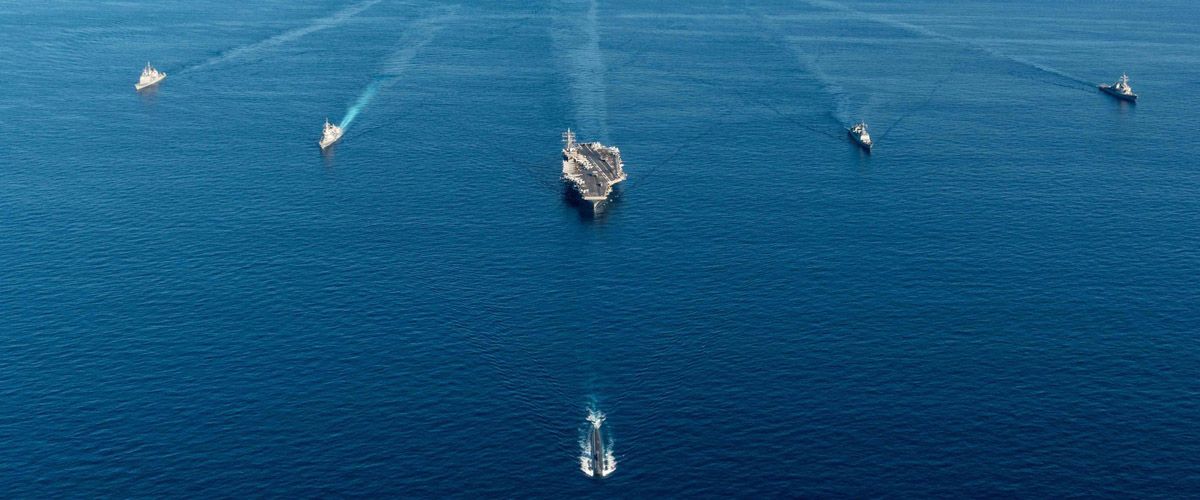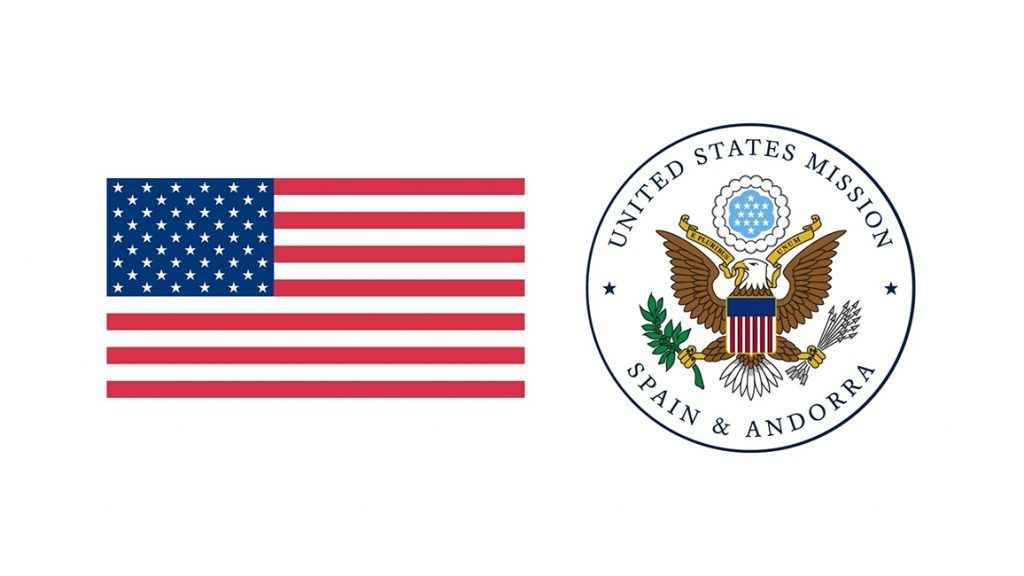contest winners (2023)

Ángel Riloba de Pablo
Universidad Autónoma de Madrid
International Studies
Democracy and Deterrance
El patrón de comportamiento presentado por los Estados autoritarios y beligerantes es predecible, tal y como muestran los ejemplos ruso y chino. Frente a este comportamiento irresponsable e ilegal, las grandes alianzas de países democráticos como la OTAN, que han perdido gran parte de su potencial debido al deterioro de la “cultura de defensa” en las sociedades occidentales democráticas; deben esforzarse por adquirir de nuevo un rol principal en la salvaguarda de la paz y el orden internacional mediante la fuerte disuasión y la sólida protección de los Estados democráticos que se encuentran bajo amenaza.
Decadence of defence culture
At the turn of the 21st Century, the global geopolitical chessboard could be gazed upon with a greater sense of optimism than at any other time during the entirety of the Contemporary Age. The latest absence of major wars such as those seen during the first half of the former Century combined with the recent collapse of the USSR and the establishment of a democracy such as the USA as the global superpower, appeared to signal an unprecedented period of peace and prosperity for humanity as a whole. Furthermore, the grand alliances formed during the convoluted and dangerous past decades either dissolved or stood greatly diminished in power, since the perpetual fear of another massive war that used to keep them fully-fledged had been substituted by a new naïve optimism that seemed to overlook them as unnecessary.
That was the case of the North Atlantic Treaty Organization, or NATO, a defensive military and political alliance between the democracies of North America and Europe born from the ratification of the Washington Treaty after the Second World War; a conflict which had left the European continent devastated and susceptible of further Soviet encroachment. Nevertheless, with the Eastern menace dissipated, the newly established Russian Federation cooperating economically with its past rivals and most European nations having transitioned into a democracy and merged into unified political and economic units such as the European Union; a large military conflict in Europe
was, understandably, rendered as remote; and with that realization came the relaxation of military spending and a new scenario in which NATO and the European “defensive culture” stood as a shadow of their former selves, acting mainly in local peacekeeping missions in the freshly destabilized Balkan region.
Destruction of the illusion: Russian aggression and the Chinese concern
The general mantra that, boosted by optimism, stated a direct conflict between developed, globalized and economically tied countries was impossible took a direct hit with the Russian seizing of the Ukrainian Crimea in 2014. Even after an illegal annexation proper of the geopolitical playbook from the years previous to the Second World War, and blinded by innocent optimism, most of the members of NATO responded only with “superficial” economic sanctions on the Russian aggressor; even more illustrative of this lack of commitment with the defence of the peaceful international order was the official Strategic Concept of NATO at the time, which was overly faithful and rather idealistic in the status of Russia as a nation with whom to cooperate and stablish links with the idea of reinforcing global security trough the aforementioned “formula for peace”.
The West’s weak response served as a steppingstone for Russia’s aggressive foreign policy, which saw extremely effective results for a moderated cost and, being therefore encouraged to continue. Fast-forward to 2022, when the geopolitical aspirations of an increasingly authoritarian Russian Federation climaxed with the Russian invasion of Ukraine; however, this time NATO’s response was much more decisive in condemning unprovoked aggressions such as those of Russia and continues to be of paramount importance for Ukrainian and global interests.
Still, the question remains as if of a similar response had been given to the Russian annexation of Crimea, the future attack on the entirety of Ukraine could have been avoided.
On another theatre of operations, and in a parallel manner, the rise of the People’s Republic of China and NATO’s response to it can be equally analysed. In the early 2000s China was building its future status as a crucial gear within the global economy, the Western democracies prioritized economic growth to security and, in the same unsophisticated fashion, interlinked themselves closely with China ignoring the security concerns such a relationship with an authoritarian State could potentially have. The first sign of Chinese aggression then occurred; that was the Chinese unlawful and progressive integration of Hong Kong that started in 2019. With the inadequate response of the international community, a similar development to that of Ukraine can therefore be expected in Taiwan.
Future of democracies at stake: need for deterrance
Truthfully, the path of aggression lies evident, an initial passive stance towards hostile policies is almost certainly always followed by a greater belligerence. Yet, that does not justify direct intervention by defensive alliances such as NATO, on the contrary, the strength of NATO must not lie on a preventive strike but rather on a solid deterrence that protects democracies from an attack in the first place as stated in the Atlantic Alliance new Strategic Concept. In conclusion, if the international order that has allowed for such an amount of progress and peace is to be protected, the importance of democratic alliances such as NATO is and must remain utmost.





